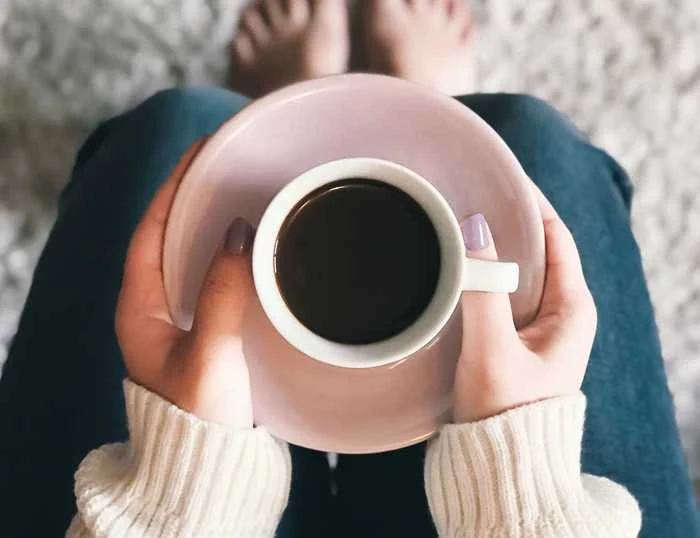What is anxiety?
It is a feeling of worry, nervousness or fear of an event or situation. It is a normal reaction to stress. It helps you stay alert to a challenging situation and usually disappears when the problem goes away. But sometimes it makes us feel an unconscionable fear of a situation that does not involve danger, such as riding a bus. If the latter happens to you, seek professional help.The secret may be in the food
Did you know that what you eat and drink can affect your anxiety levels? What you consume can mean the difference between feeling good or bad. Food plays a role in increasing the duration, severity, and frequency of depression and anxiety.Other changes that help
Remember that in addition to what you eat, regular exercise, good sleep, social support, and stress reduction can help manage anxiety. Familiarize yourself with the foods and beverages listed below and then try to reduce or eliminate them from your meal plan. Always talk to your health care provider before changing your diet.1. Coffee
Do you feel like you're on the verge of collapse? Coffee can be the culprit. This infusion, as well as black tea and energy drinks, make it harder to sleep. Caffeine releases the stress hormone (cortisol) that triggers the fight or flight response. And sleep is related to mood: the less you sleep, the grumpier you get.What caffeine has
It can make you feel nervous, dizzy, and nauseous. It increases your blood pressure, heart rate and body temperature. It can cause nervousness, sweating, and tremors. It can also affect the absorption of vitamins D and B, nutrients that balance mood. Instead of a cup of coffee, try a caffeine-free herbal tea such as chamomile or a glass of green juice.
2. Sugar
Sugar hides in everything. And when you have a sugar shock it's like a caffeine shock: fast and strong. It can cause mood swings, difficulty concentrating, fatigue and palpitations. It's almost like you're in the early stages of a panic attack.3. Artificial sweeteners
Aspartame is the common ingredient found in products such as diet soda and gum. It blocks the production of serotonin in the brain, the wellness hormone, which can cause insomnia, headaches, mood swings, anxiety and depression.4. Foods with a lot of sodium
Too much sodium in the diet has been found to be harmful to the neurological system, causing fatigue, depression, panic episodes, and damage to the immune system. In addition, you should know that too much salt causes hypertension, fluid retention, swelling and weight gain.5. Fried foods
Of course KFC's rich. But fried foods have little nutritional value and are hard to digest. Potatoes, squid, onion rings and fried chicken are usually cooked in hydrogenated oil, which is not heart- or waist-healthy. In addition, the consumption of fried foods is related to heart disease, high blood pressure, anxiety and depression.
Read also: 10 Foods That Help Reduce Anxiety


